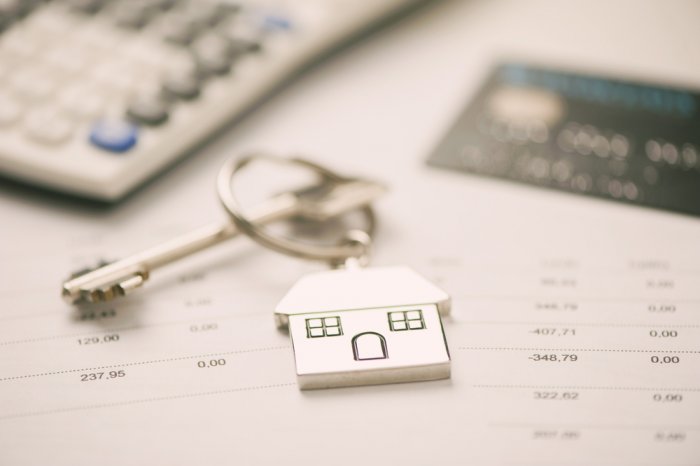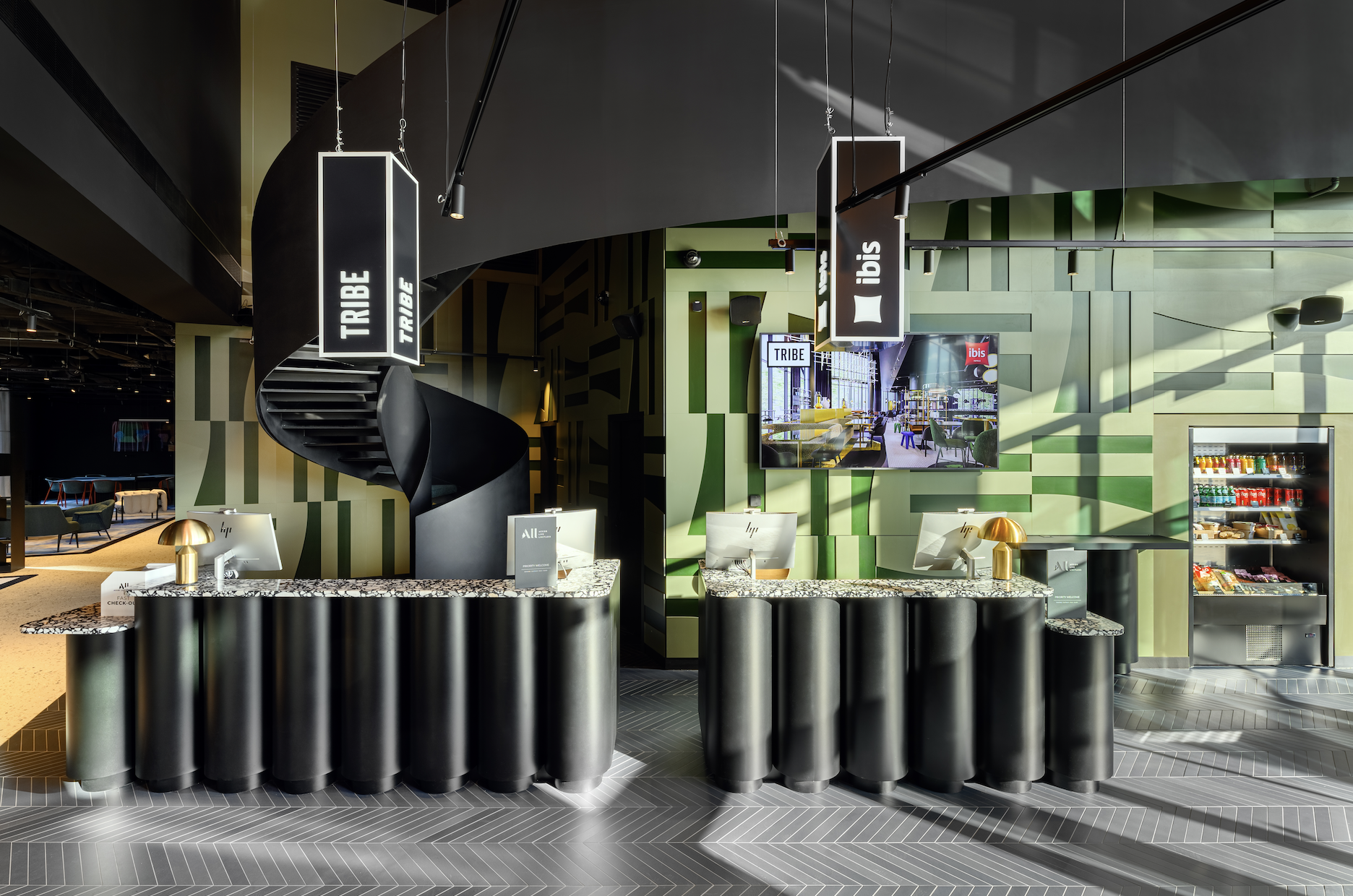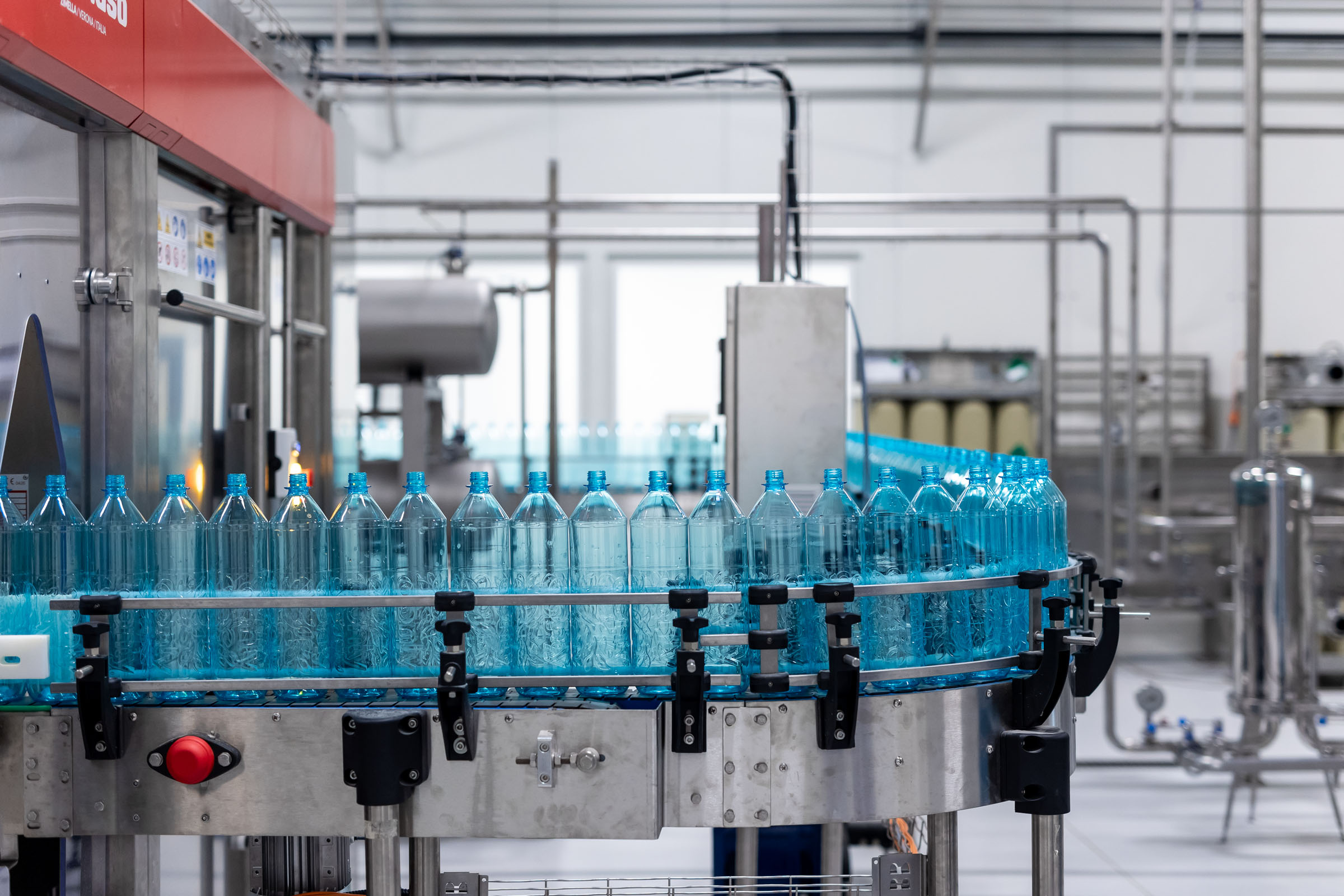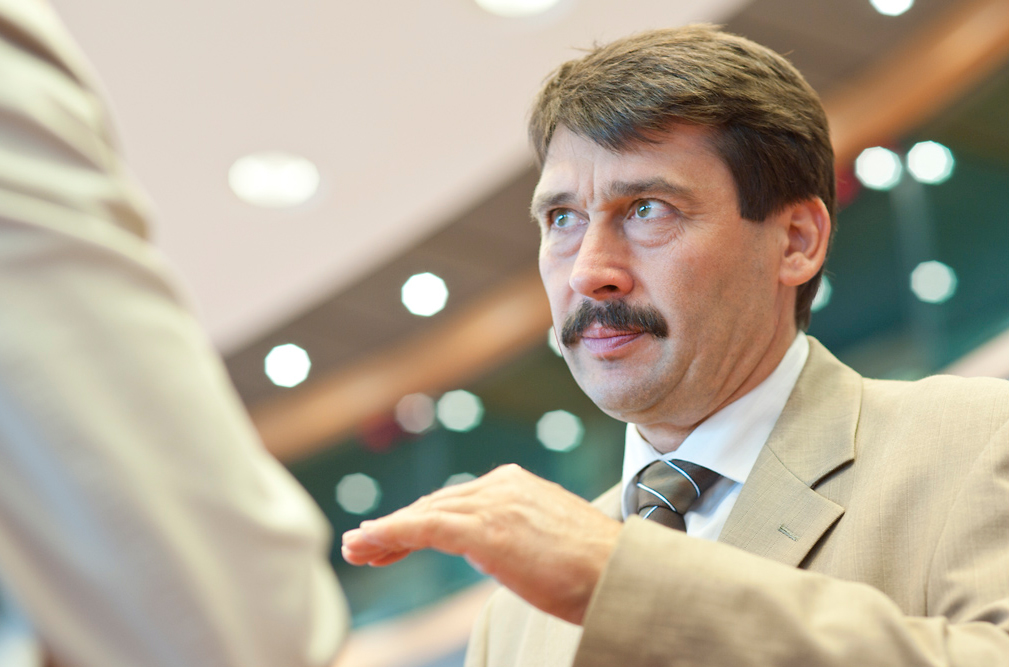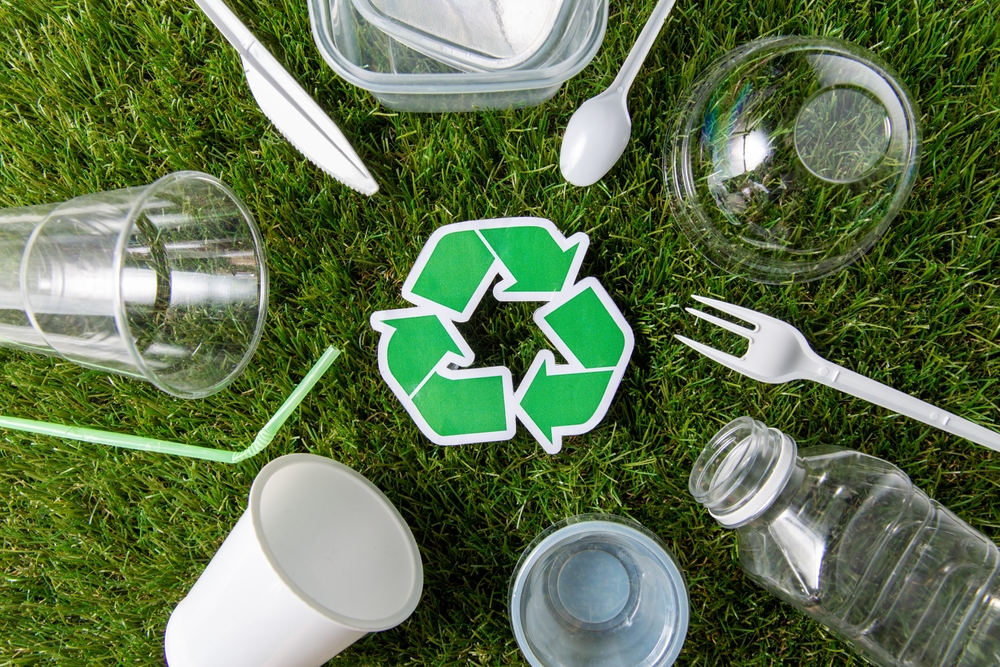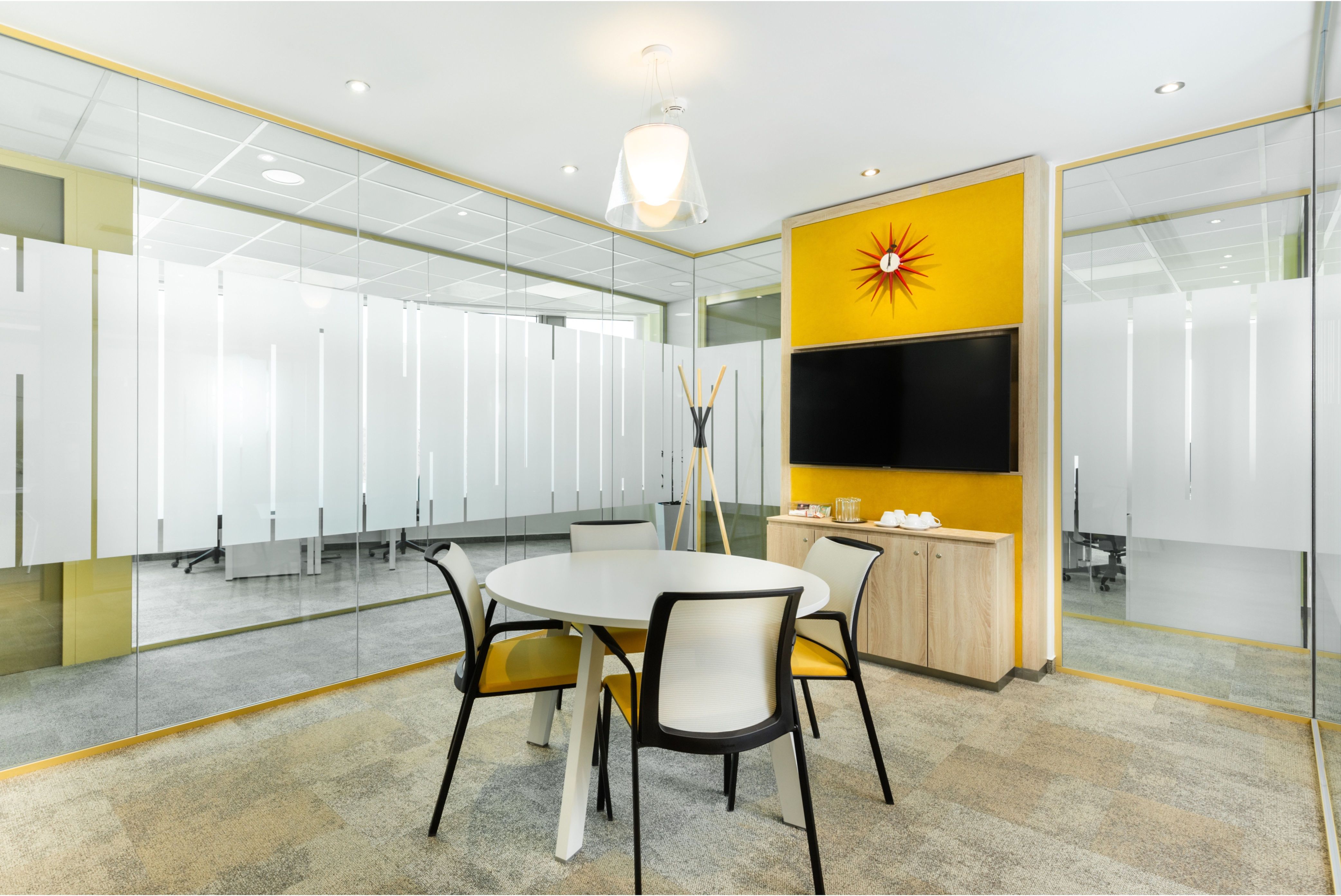Hydro to Close the Loop on Aluminum use in Hungary

Hilde Merete Aasheim, president and CEO.
Photo by Norsk Hydro ASA.
Norway’s Hilde Merete Aasheim, president and CEO of Norsk Hydro ASA, spoke with the Budapest Business Journal ahead of her visit to the groundbreaking ceremony for the new aluminum recycling plant of Hydro Extrusion Hungary Kft. in Székesfehérvár. The EUR 88 million investment will create 80 new jobs.
BBJ: You were visiting Hungary to mark the start of construction of a new aluminum recycling plant in Székesfehérvár. How significant is this project?
Hilde Merete Aasheim: Recycled aluminum is becoming increasingly important within the extrusion industry. The new aluminum recycling plant is a significant investment for a greener future and helps boost Hydro’s sustainability strategy. As our customers put more emphasis on greener solutions, this is a breakthrough step in Hungary to grow the market with advanced products and drive sustainability. We are increasing our recycling capacity in Central and Eastern Europe, ensuring reliable billet supply to our customers, and creating possibilities of closing the loop by taking back and recycling production and post-consumer scrap in Hungary.
BBJ: How important is the Hungarian operation to Hydro’s overall business?
HMA: Hydro Extrusion Hungary is Hydro’s largest and most advanced extrusion plant in Europe, with six aluminum presses, several surface treatment technologies, and more than 300 fabrication machines providing jobs for nearly 1,500 employees. The 60,000-tonne capacity plant mainly grows in the e-mobility segment and serves the premium automotive industry, alongside others.
BBJ: The factory will presumably be state-of-the-art and highly efficient. Can you talk us through its features?
HMA: The new facility will be equipped with an advanced double chamber melting furnace, which enables the recycling of post-consumer scrap. This scrap has already lived a life, like a beer can or an aluminum car frame. Without revealing too many technical details, we can state the concept will be very flexible to assure continuous production of small and large batches of special alloys, mainly for the premium automotive market. The technological setup will enable us to develop and produce new alloys in cooperation with Hydro’s innovation and technology center to strengthen our positioning in the extrusion market.
BBJ: The common perception is that working with aluminum is energy intensive. Is this so? And do you have concerns about your energy costs, both here and across your business, given the war in Ukraine and rising global prices?
HMA: Aluminum and renewable energy play an essential role in an ever more sustainable economy. The EU has deemed aluminum a strategic material supporting the green transition. However, it matters how and where it is produced. More than 70% of Hydro’s aluminum is made using renewable energy. For over a decade, we have also been investing in new technology to ensure we can incorporate more used aluminum to accelerate the transition to a circular economy. Aluminum recycling requires only 5% of the energy needed to produce the original metal. This is where aluminum stands out.
The war and the sanctions add to the inflation pressure, energy crisis, and supply chain disruptions and lead to tighter markets both in energy and materials, including aluminum. The fact that we decided to proceed with the project despite the increased energy prices shows that we believe this is the right thing to do, and we stick to our sustainability ambitions.
BBJ: The new plant will recycle aluminum and is, therefore, a vital step in reducing the carbon footprint of your customers. How green is your business overall? How are you seeking to improve this?
HMA: Our goal is to help create a fair society and a circular economy by producing responsibly, delivering circular solutions, making net-zero aluminum by 2050 or earlier, and producing and using more renewable energy.
We experience a specific pull in the market for low-carbon aluminum products, on top of the more general decarbonization, electrification, and circularity trends supporting aluminum demand in sectors like automotive, building and construction, consumer durables and renewable energy infrastructure.
It is now more important than ever to maximize the benefit and minimize the footprint of our aluminum and all industrial production. That’s why sustainability is an integrated part of our path to profitability and why our strategy is to pursue opportunities where we have competitive advantages.
We are now investing along two pillars: 1) To strengthen our position in low-carbon aluminum and recycling and 2) To grow and diversify in new energy solutions, like renewable energy projects, green hydrogen, and energy storage, like batteries. We are maturing several projects along these lines, alone and with partners, and I am confident they will contribute to both profitability and sustainability for Hydro, our stakeholders and society.
Hydro offers a range of certified aluminum products with a transparent footprint. One of these is Hydro Restore, part of our recycled offering. The new facility in Székesfehérvár will produce Hydro Restore locally. This is a range of aluminum products made from a combination of recycled pre-consumer scrap, recycled post-consumer scrap and primary aluminum. Once the scrap is collected, it will be melted, cast into new billets at the recycling facility, and returned as input material for use in new products.
The new aluminum recycling plant will allow customers to close the loop. In a closed loop, production scrap is collected and sent directly back to the recycling plant from manufacturers. Closed-loop recycling uses and re-uses materials that can be continuously recycled without losing quality and with less energy or resources.
BBJ: One concern we hear from investors is the challenge of finding suitably qualified labor in a country with near full employment. Is this a worry for you, and how are you working to overcome it?
HMA: Our company is located in a fast-developing region in Hungary, which gives us several advantages and also some challenges. We are one of the biggest employers in the area. We are taking many actions internally to improve working conditions and employee engagement continuously. We are proud that more and more people recognize Hydro as a stable employer with good payment and secondary benefits. We stimulate and enable internal development and promotions.
Next to the internal activities, social responsibility plays an essential role at Hydro Hungary. We constantly strive to make a positive difference in the societies we are part of, especially taking an active part in initiatives that can encourage the development of the city that hosts our plant.
We aim to contribute to the development of local communities because we care and because we can only succeed as a company if the society around us also succeeds. The communities of which our present and future employees are part.
BBJ: Do you have any more pipeline investments for Hungary?
HMA: We believe in continuous improvement. Serving the premium automotive segment triggers the demand for new machines and investments. We expect to announce further investments in the future to keep or improve our market position.
This article was first published in the Budapest Business Journal print issue of September 9, 2022.
SUPPORT THE BUDAPEST BUSINESS JOURNAL
Producing journalism that is worthy of the name is a costly business. For 27 years, the publishers, editors and reporters of the Budapest Business Journal have striven to bring you business news that works, information that you can trust, that is factual, accurate and presented without fear or favor.
Newspaper organizations across the globe have struggled to find a business model that allows them to continue to excel, without compromising their ability to perform. Most recently, some have experimented with the idea of involving their most important stakeholders, their readers.
We would like to offer that same opportunity to our readers. We would like to invite you to help us deliver the quality business journalism you require. Hit our Support the BBJ button and you can choose the how much and how often you send us your contributions.



